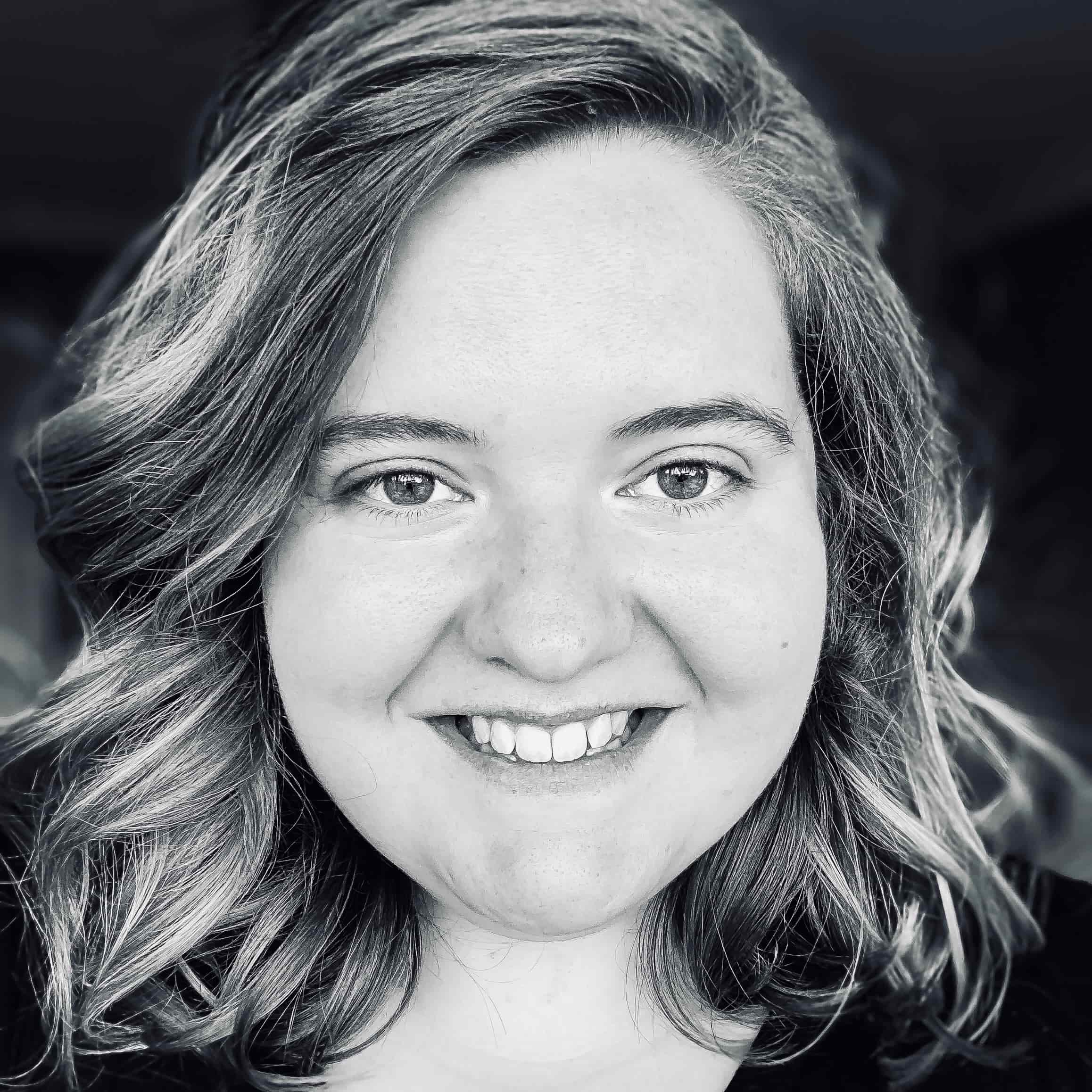How Phare Bio is developing new antibiotics using AI
Phare Bio uses AI and deep learning to tackle the world’s most urgent medical threats through antibiotic development.
Working with the Collins Lab at MIT, Phare Bio was selected as an Audacious Project in 2020 due to its bold vision for charting a new era of antibiotics: its audacious goal is to develop seven new antibiotics in seven years.
The Audacious Project, housed at TED, was brought to life through the collaboration of some of the most respected names in the non-profit world, including Skoll, the Bill & Melinda Gates Foundation, Scott Cook & Signe Ostby and more. Virgin Unite is proud to be one of the partners supporting incredible organisations like Phare Bio.
New antibiotic development is considered fundamental for human survival and with the world seeing an unprecedented rise of antibiotic-resistant bacteria, Phare Bio’s mission is more vital than ever. According to The Center for Disease Control and Prevention, someone in the US acquires a drug-resistant infection every 11 seconds – and every 15 minutes someone dies because of one. The misuse and overuse of antibiotics in the treatment of humans, and the rearing of livestock and plants, has allowed antibiotic resistance to flourish.
The relentless evolution of antibiotic-resistant bacteria, combined with the lack of antibiotic discovery (just two new classes of antibiotics have reached the market since 1962) has resulted in what is known as an antimicrobial resistance (AMR) crisis, and by 2050 it’s predicted that AMR could lead to 10 million deaths a year (more than are currently caused by any cancer).
Phare Bio is focusing on early, pre-clinical research, powered by AI. The AI is helping to reduce the pre-clinical development time by several years,as it focuses on the most potent molecules and analyses existing drugs for alternative uses. This reduction in development time is especially beneficial as it helps drive commercial partnerships at early stages.
Here’s a brilliant example…
Halicin was a drug predominantly used for diabetes treatment. Using AI, the Collins Lab and Phare Bio were able to discover additional benefits of Halicin – one being its ability to destroy resistant strains of E. coli and other bacteria, and another its extraordinary potential as an anti-diarrhoeal drug. With these findings, Phare Bio is rapidly advancing Halicin in preclinical testing and assessing its potential for clinical trials.
The diarrhoea-based findings also have enormous potential to do good, since diarrhoea is the most common reason for deployed military personnel evacuation and has a major impact on military operations. Thanks to the AI discovery, Phare Bio has applied for research funding from the US Department of Defence and plans to use this momentum to ensure therapies reach patients in greatest need.
The Audacious Project is all about investing in audacious ideas like this one. Each year The Audacious Project selects up to five ideas that could have a world-changing impact. Visit The Audacious Project to find out more.



